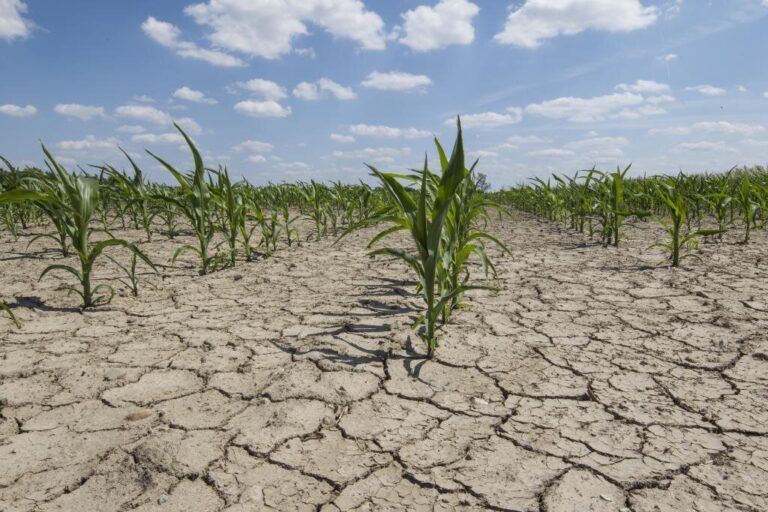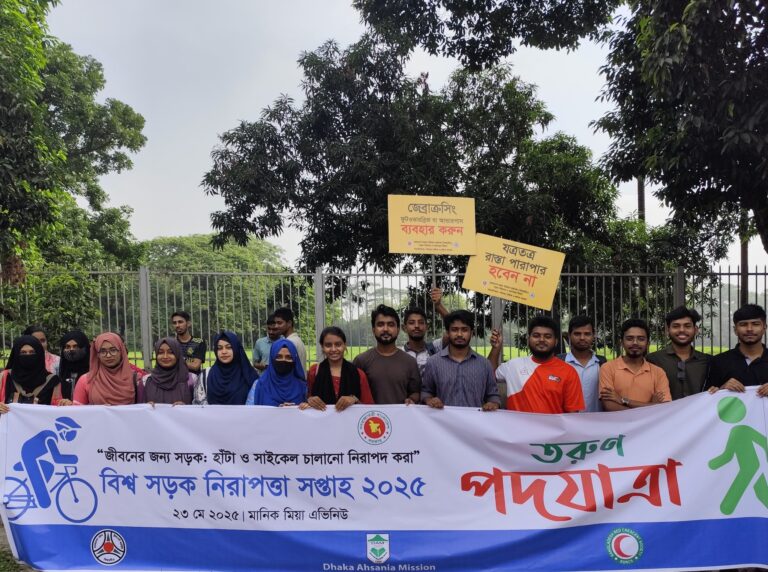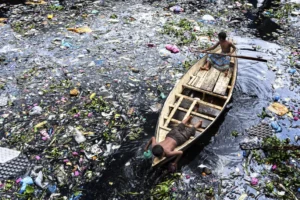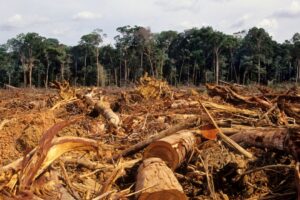Bangladesh, despite contributing minimally to global greenhouse gas emissions, is one of the most vulnerable countries to climate-induced disasters such as sea-level rise, salinity intrusion, and erratic weather patterns. In this challenging scenario, non-governmental organizations (NGOs), both local and international, have taken on a critical role in supplementing government efforts to advance climate resilience and sustainable development.
Historically, NGOs in Bangladesh have focused on poverty alleviation, education, health, and disaster relief. Over the last decade, climate change has become a central concern for many of these organizations. Their work now encompasses climate adaptation, mitigation, environmental education, natural resource management, and policy advocacy. NGOs are vital in strengthening community-level resilience, especially where state capacity is limited.
Local NGOs: Context-Sensitive Solutions
Local NGOs bring essential context-sensitive approaches to climate action. Their programs are designed to directly address the specific needs of vulnerable communities. Initiatives such as afforestation in urban areas, awareness campaigns in schools, and climate-smart agriculture in flood-prone and coastal regions showcase their adaptability. For instance, tree plantation projects in densely populated urban zones aim not only to enhance green cover but also to mitigate heat stress and improve air quality critical issues for urban resilience in the face of climate change.
Advocacy and Environmental Governance
In addition to field-level work, several NGOs in Bangladesh have become active in environmental governance. They are involved in legal advocacy, lobbying for stricter environmental regulations, and holding polluting industries accountable. This legal engagement is crucial in a country where regulatory enforcement often falters due to institutional and political barriers. NGOs play a vital role as watchdogs, providing evidence, data, and community insights that influence national and international climate policy.
International Collaboration
International NGOs and donor-funded programs complement local efforts by offering technical expertise, financial support, and access to global platforms. They collaborate with national NGOs through co-implementation models, bringing in climate risk assessment tools, facilitating low-carbon technology transfers, and supporting community-based adaptation projects. However, it is essential that international support aligns with local realities, avoiding dependency and ensuring that interventions are culturally appropriate and sustainable.
Programs led by multilateral organizations have introduced frameworks for integrated water management, sustainable coastal zone development, and early warning systems. These large-scale projects must not only be evaluated for tangible outcomes but also for their alignment with climate justice and local ownership.
Coordination and Transparency Challenges
Despite significant NGO activity, challenges related to coordination and alignment with government policies persist. Overlapping mandates, project duplication, and fragmented data often undermine effectiveness. An integrated, ecosystem-based approach that brings together civil society, government, and the private sector is crucial for scaling up climate action.
With increased international funding for climate adaptation, there is growing demand for transparency and accountability in NGO operations. Robust monitoring and evaluation mechanisms are needed to ensure that projects are sustainable, equitable, and beneficial to the communities they aim to serve.
NGOs in Bangladesh occupy a pivotal role in the national climate response. Their work ranges from direct service delivery to legal advocacy and international collaboration. While not a substitute for state responsibility, their community-rooted approaches are essential for building resilience in the face of climate change. Moving forward, the sector must prioritize collaboration, adopt systems thinking, and place affected communities at the heart of every climate solution. Bangladesh’s experience shows that effective climate action is grounded in local knowledge, collective action, and shared accountability.








